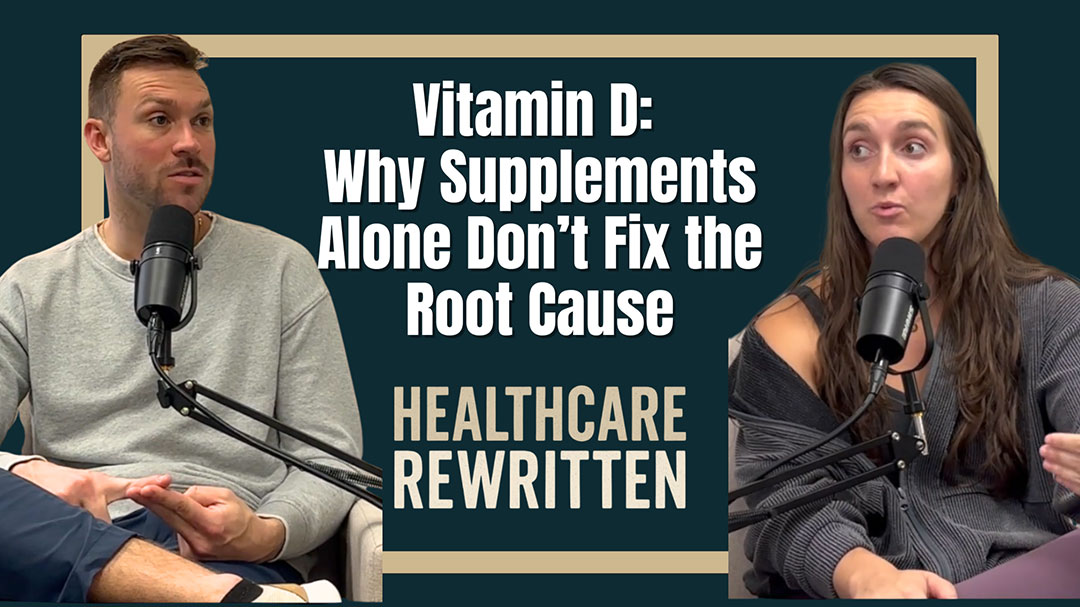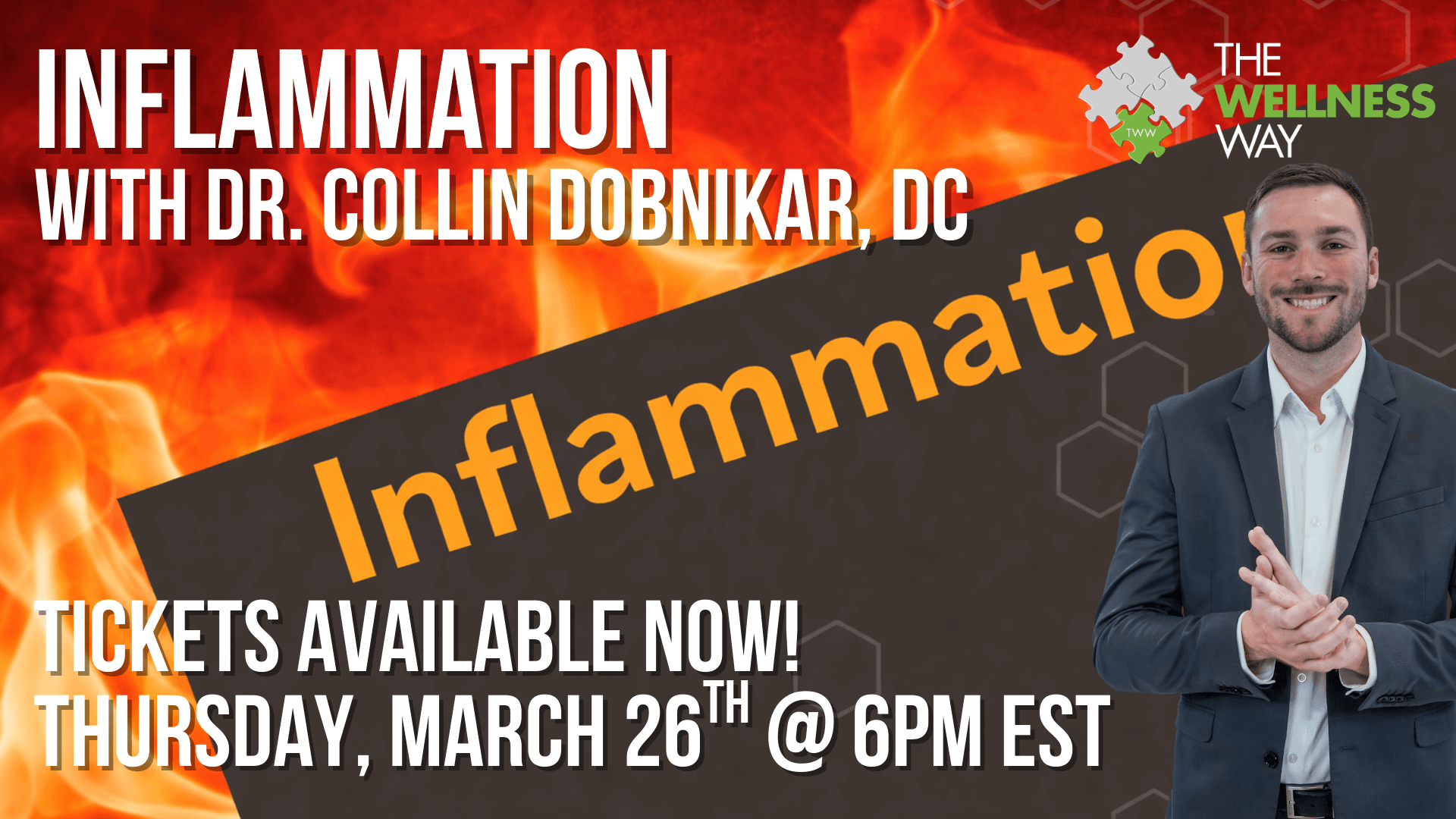Most people pop a Vitamin D supplement and assume they’re covered. But here’s the truth: low Vitamin D is usually a symptom — not the root problem. If your levels stay stubbornly low despite supplementation, your body is waving a red flag that something deeper is going on.
In this episode of Healthcare Rewritten, we break down why Vitamin D matters for immunity, fertility, mood, and overall health, and why simply taking more pills doesn’t work for most people. You’ll learn how your gut, liver, kidneys, and inflammation all play a role in Vitamin D status, and the simple steps you can take to truly optimize your levels.
When Supplements Don’t Work: A Real Patient Story
We’ve seen countless patients frustrated by low Vitamin D labs—even when taking 5,000–10,000 IU daily. One woman stayed deficient until we uncovered the real culprits: gut issues, liver stress, and chronic inflammation. Once these were addressed, her levels finally improved.
This story is a reminder: it’s not about how much you take—it’s about how well your body can absorb, convert, and activate Vitamin D.
Vitamin D Is a Hormone, Not Just a Vitamin
Many don’t realize Vitamin D functions as a prohormone, not just a vitamin. For your body to actually use it, Vitamin D must:
- Be absorbed in the gut
- Be converted in the liver into 25-hydroxyvitamin D
- Be activated in the kidneys into 1,25-dihydroxyvitamin D
If any of these steps are disrupted by leaky gut, liver dysfunction, kidney issues, or toxicity, your blood levels won’t budge—no matter how high your dose.
Busting the Myth: “Just Take More Vitamin D”
Conventional medicine often tells patients to simply increase their dose. But more is not better. Synthetic Vitamin D may mask symptoms while doing nothing to address why your body isn’t using it properly.
Instead, the real solution lies in a root-cause approach: testing beyond serum Vitamin D and investigating gut health, liver enzymes, kidney function, and inflammation markers.
Whole-Food & Lifestyle Ways to Boost Vitamin D
If you want lasting results, focus on daily habits and whole-food nutrition that naturally support Vitamin D activation:
- Sunlight exposure: 10–20 minutes midday, without sunscreen or sunglasses, arms and legs uncovered
- Vitamin D-rich foods: cod liver oil, sardines, pastured egg yolks
- Gut repair: addressing food allergies, leaky gut, or dysbiosis
- Reduce toxic load: cutting inflammatory foods and minimizing chemical exposures.
These steps not only improve Vitamin D—but also strengthen immunity, hormones, and metabolic health.
Final Thoughts: Take Action on Your Vitamin D
If you’re still low in Vitamin D despite supplementation, don’t get discouraged—it’s a signal, not a failure. By identifying and correcting the root causes, you can restore balance and finally see your labs move in the right direction.
Ready to uncover why your Vitamin D is low? Schedule a free Discovery Call with us today and take the first step toward real solutions.



